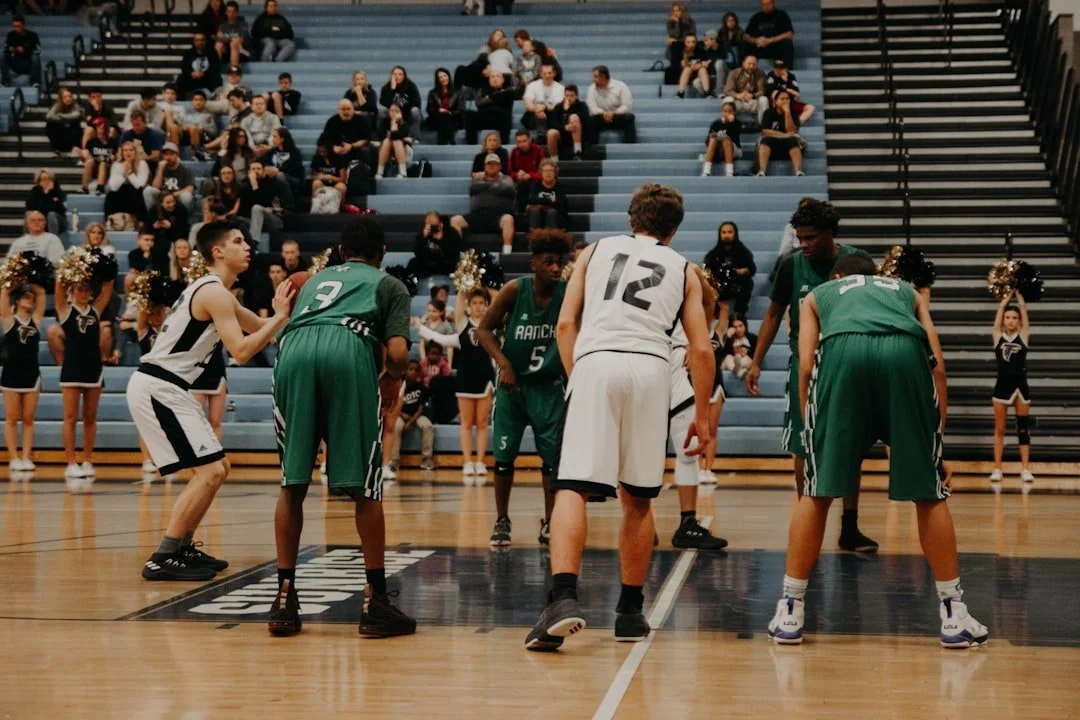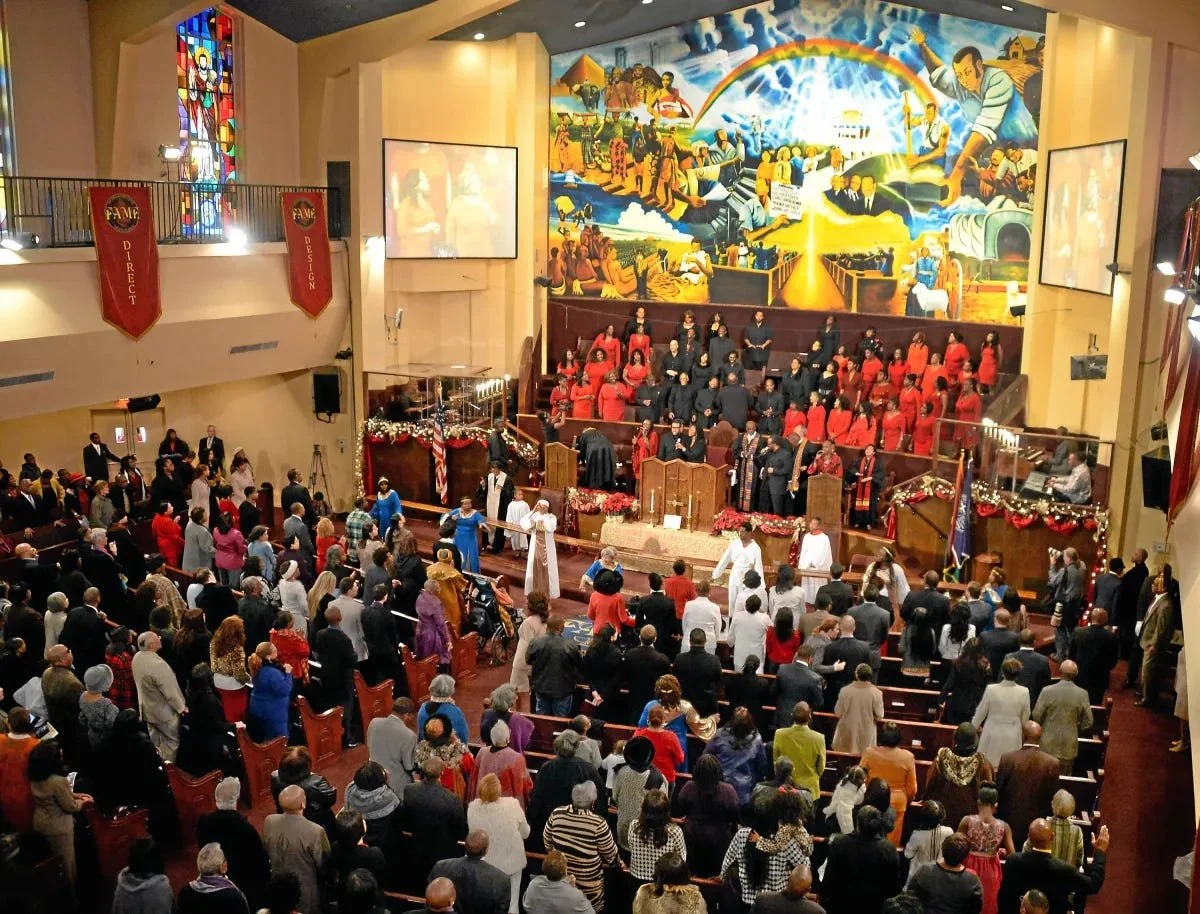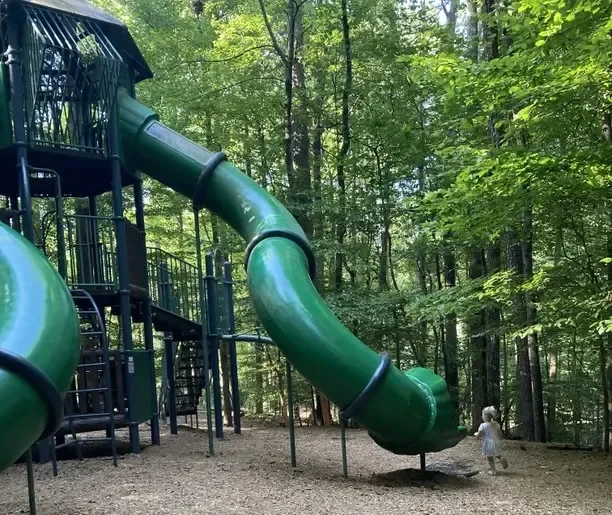
I’VE BEEN THINKING
Reflections on life, faith, and how to get through it (mostly) sane.
I’ve been thinking…that you might want to receive the latest column in your inbox as soon as it’s published!
Now you can. Sign up here and we’ll add you to the mailing list for the column, as well as special offers and first-look content. And as always, I want to know what YOU’VE been thinking!
No journey is an easy one, but we don’t have to travel alone.

“I’m grateful that you found your way to these pages. I’ve published two books in the past decade and along the way I’ve discovered that I really love to write. In the news and in so many conversations, I find issues I care about; I hope you’ll write back with your own thoughts and questions.
Perhaps in this conversation we’ll find our way to more of the common good that is for me our best hope for a future in which all of us thrive.”
RECENT COLUMNS
Well, so that is that. Now we must dismantle the tree,
Putting the decorations back into their cardboard boxes —
Some have got broken — and carrying them up to the attic.
The holly and the mistletoe must be taken down and burnt,
In the winter of 1959, our high school basketball team made it to the Los Angeles High School All-City Championship Tournament. In the first round we faced Jefferson High School, a perennial championship contender. To everyone’s surprise, we were down by a point and had the ball with seconds left when our best player was open with a jump shot from the corner. He took it, and missed: it bounced off the rim and out, the horn sounded to end the game and, exhausted, we shuffled to our bench.
Slouched with my teammates, I suddenly burst into tears, escalating into full-blown snot-nosed sobbing, repeatedly shouting No, no, no! Teammates, our couch, and our fans behind the bench went silent, staring, as I continued to sob and shout until I had emptied my emotions and wiped my wet face with my sweat-soaked jersey. To me it felt like hours; it was probably all of thirty seconds. Once I’d composed myself, no one said a word to me about my coming undone.
In the mid-1990s, for personal reasons, I left the white Episcopal parish I’d been a leader in for twenty years and began attending the robust, several-thousand-member progressive First African Methodist Episcopal church near downtown Los Angeles. I had grown up loving Black Gospel music, relished the emotionally expressive environment of Black worship, and thrived on the preaching of Cecil “Chip” Murray and his staff. We waved our arms as we sang, got down on our knees on the floor with our elbows on our pew to pray. The drummer in the worship band would play a brief rat-a-tat-tat when Chip hit a high point in his sermon, and we responded to preaching moments with Amen or Preach it. All of this was very much not like the more subdued worship of white Episcopalians.
I worshipped there for five years, but never really felt like I belonged. I was a visitor in a self-contained system and as much as I enjoyed being there, I was uncomfortable with how little attention was paid to my presence.
If I wore them very low on my waist, the gray slacks I’d worn to my high-school graduation two years earlier almost touched the tops of my black loafers. The white shirt and tie were fine, so all I needed was a proper jacket. I’d been invited to a party with friends from the large college group at my church, mostly upper-middle-class kids, so I wanted to look my working-class best. I didn’t have a sports coat or the money to buy one, so I searched through the small closet I shared with my father and younger brother and found a suit jacket Dad seldom wore. It was dark blue with thin white pin stripes; the sleeves didn’t quite reach my wrists, but it would have to do.
The rise of white Christian Nationalism in our country has prompted no shortage of comparisons to historical analogues. Although the most obvious example is Nazism in Germany in the 1920s and 1930s, similar movements have risen in Hungary under Victor Orbán and in Turkey under Recep Tayyiip Erdoğan. These dictatorships have erased in their countries many of the post-World War Two advances in democracy.
But we don’t need to look abroad to find predecessors to our current American moment. At the same time the Nazis were emerging in Germany, an autocratic, destructive organization sharing many of the same values and tactics was terrorizing communities here at home.
My therapy clientele is mostly upper-middle-class and wealthy. I was aware of the first inklings in the mid-1990s of what became known as helicopter parenting. Moms and dads were often highly educated and experienced in managing careers and volunteer agencies. As parents, they exercised these skills with their children. If their child had a problem, they took parental pride in knowing the solution and providing it. If their child stumbled, rather than encouraging them to get up and brush it off they’d often pick them up, hug them as they whimpered more from frustration than pain, set them down gently, and let them continue playing.
Friendship is not just something I enjoy, it’s something I need. But it doesn't happen magically, no matter how easy the relationship might feel. As a pastor and therapist, I’ve listened to too many people – mostly men who work hellish hours in their climb up the ladder – talk about quality time. I learned from them, and from my own working hours as a pastor, that the only real quality time is plenty of time: time enough to relax together, time enough to catch up not only on work and the kids but on how we’re doing with one another, time enough to play together, to lie together touching, expressing the tenderness that says without words I’m so glad to be with you.
In 2016, I bought two bold RESIST! decals and slapped them on my car—not just as political protest, but as something deeper: an act of bearing witness. For most of my life, I’ve understood my identity as a Christian to include this obligation—to stand up, speak out, and be seen. But only recently have I begun to understand how profoundly tied that urge is to something even more personal: my need to feel noticed, valued, and affirmed.
On Memorial Day, I find myself reflecting on the quiet, personal stories of war—not just of battlefield heroism, but of memory, loss, and the scars left behind. My earliest memory is of Uncle Harry, fresh from World War II, buying me a baseball glove I’d use until high school. Fifty-five years later, I learned he’d kept our photo by his mirror all his life, praying for me nightly.
My father, a Navy dropout from the 1920s, wore his seaman tattoo and carried his wounds in the form of anger and alcohol. He never saw combat, but he fought his demons every day. And then there was J.—a childhood friend who went to Vietnam and returned deeply changed. His life unraveled in the shadows of PTSD, ending in heartbreaking isolation and tragedy.
These aren’t names on a wall in D.C., but they are warriors I remember. Some came back in body but never fully in spirit. This Memorial Day, I grieve not just for the fallen in war—but for those who fell after it, quietly, painfully, and unseen.
TV shows and films—from The Bob Newhart Show to Shrinking—have long portrayed therapists as quirky, brilliant, or boundary-breaking characters. They’re often entertaining, but rarely accurate. Real therapy, as I’ve experienced it both as a therapist and long-time client, is slower, quieter, and deeply human.
Two films, Ordinary People and Good Will Hunting, come closest to showing what therapy can actually be: tender, empathetic, and at times, transformative. Those rare moments when someone finally feels safe enough to break open—those are sacred. They don’t come with sweeping music or dramatic lighting, but they’re the heart of what we do.
In my practice, the work begins with listening. I want clients to feel two things early on: empathy and hope. Whether it’s Sharon’s torrent of anxious storytelling or Arnold’s cautious silence, my job is to help them reach the emotional truths beneath their words. It takes time, patience, and careful judgment. Therapy isn’t about fixing someone—it’s about discovering meaning together, piece by piece.
Unlike the chaos-filled portrayals on TV, the real work of therapy is both more ordinary and more profound. It’s sitting with people in their uncertainty, helping them trust themselves again, and sometimes—if we’re lucky—laughing together at the beautiful, messy humanity we share.
I grew up in a working-class family where education was seen more as a necessity than a priority. My early academic life reflected that indifference—I was more interested in friendships, basketball, and girlfriends than in algebra or biology. Even after clawing my way to a B+ at UCLA and making it into Princeton Theological Seminary, I never felt smart enough. I worked three jobs, skipped the classics, and constantly feared I didn’t belong among my more privileged peers.
It wasn’t until years later—decades into therapy with a woman named Susan—that I began to trust the strength of my own mind. She helped me see myself not as someone barely surviving but as someone truly thriving. Her words and presence echoed Toni Morrison’s phrase from Beloved: “She is a friend of my mind.” That’s what Susan became to me—a gatherer of my broken pieces, offering them back in the right order.
Now at nearly 84, I still wrestle with old anxieties about falling short—intellectually, emotionally, even physically. But I’ve made peace with myself. I no longer chase perfection. I crave discovery and challenge, but I finally feel at home in my ordinary, pretty good mind. After a lifetime of striving, I’ve become my own friend of the mind.
On a quiet January morning in 2000, we placed our son Jesse’s ashes in the columbarium at All Saints’ Church. That sacred niche has become, for me, the holiest place on earth. It’s where grief meets memory, and where love persists despite death. Years later, I still climb the stairs to touch the marble and talk to him. I still believe he listens. And yet—I also know he’s gone. A pile of ashes behind a wall. These two truths coexist, painfully and tenderly.
This duality echoes the tension I feel every Easter. I’ve spent a lifetime studying theology, yet I find myself standing between belief and doubt. I want to believe in the risen Jesus. And yet, intellectually, I struggle to accept the resurrection as historical fact. My head and heart live in different worlds, and I’ve learned to let them both speak.
What I cling to most now isn’t theological certainty—it’s stories. The Gospels’ accounts of Jesus’ life, full of compassion, courage, and moral clarity, are where I find him most vividly. Likewise, the stories we tell about Jesse—his humor, his kindness, the memories that continue to surface—are where he lives on. Neither man appears to me in visions, but both are deeply alive in the stories that shape how I love, how I believe, and how I endure.
So this Easter, we’ll visit Jesse’s resting place again. Becky will leave a smudge of lipstick on his name. And in church, I’ll sing Jesus Christ is Risen Today—not because I’m certain of it, but because I hope it’s true.












